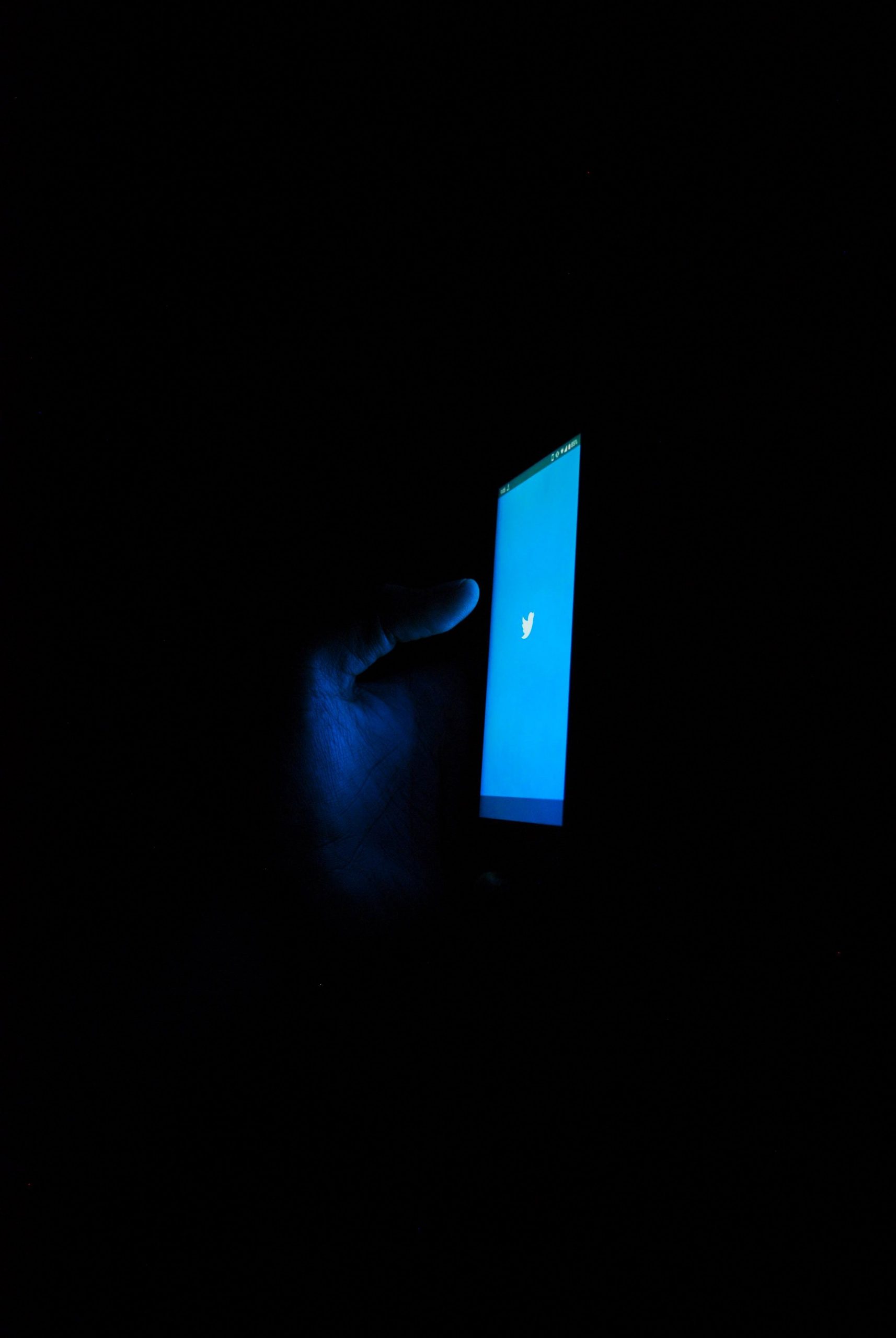#The_People_Boycott_Shura_Elections was trending in Qatar on Twitter, but suspiciously, the trend only included one tweet.
A mysterious “trending” hashtag has appeared ahead of Qatar’s historic Shura Council elections in October, which experts say may have been manipulated.
#The_People_Boycott_Shura_Elections trended on Twitter in Qatar on Sunday, despite only being used in one tweet.
The tweet read: “#The_People_Boycott_Shura_Elections Firstly, because all the candidates are former ministers have been recycled. Secondly, the lack of fairness in the sorting of electoral circles according to density. How can a former minister or official serve the citizen when he has held a position and was sovereign in his decisions and did not serve neither the country nor the citizen.”
Using a separate hashtag, #Shura_Council_Elections, another Twitter user mirrored the same concern.
Read also: Qatar’s amir approves electoral law for first historic Shura council elections
“Holders of previous ministerial positions.. how will they become members of the Shura Council and monitor the executive authority of which they were part of?” said the Twitter user.
Another Twitter user echoed this same point and said “we hope that a decision is issued that bans any former official from running for the Shura Council #Shura_Council_Elections”.
The questionable hashtags, which follow other dubious campaigns, have posed serious questions on whether foreign countries have been trying to influence Qatari society and public discourse through hashtag manipulation and social media platforms that are highly popular across the region.
Usually, hashtags trend on Twitter if they are used by thousands of social media users, or if sponsored by a particular company, or if Twitter itself – whose MENA office is based in the United Arab Emirates, pushes it to the forefront.
#الشعب_يقاطع_انتخابات_الشوري اولا لان كل المترشحين وزراء سابقين تم اعادة تدويرهم. ثانيا عدم الانصاف في فرز الدوائر الانتخابيه حسب الكثافه.
كيف لوزير او مسؤول سابق ان يخدم المواطن وهو كان يشغل منصب ومستقل بقراراته ولم يخدم لا وطن ولا مواطن.
— راشد بن سالم بن قطفة الفهاد المري (@ra21112) August 1, 2021
Speaking to Doha News, Professor and digital analytics expert Marc Owens said that for a hashtag to trend with very few tweets is a common occurrence in the region.
“It’s difficult to know whether Twitter enables it, but it indicates that there is a means to manipulate the system that Twitter either don’t know about, or doesn’t care about,” Jones said.
The hashtags emerged on Sunday, coinciding with the first day that voters can register for the upcoming historic Shura Council elections, with voting set to take place in October of this year.
It’s noteworthy that Qatar has wanted to hold these elections since 2005, however analysts have cited pressure from Doha’s regional neighbours as the main reason why the vote has not yet taken place, adding that it was only due to the blockade that Qatar has been able to go ahead with the move.
Gulf expert and Fellow for the Middle East, Rice University’s Baker Institute for Public Policy, Dr. Kristian Coates Ulrichsen told Doha News that the upcoming elections may be seen as a key moment for hostile parties to spread misinformation.
“It may be that actors hostile to Qatar perceive the upcoming elections as an opportunity to spread disinformation in an attempt either to sow discord internally or cast doubt on the credibility of the election externally,” Dr. Ulrichsen said.

According to the decree, Qatari citizens will be able to vote for 30 members of the 45-seat legislative council, with the remaining 15 members being selected by Amir Tamim bin Hamad Al Thani himself.
Manipulation attempts
This isn’t the first time that there has been manipulation on social media, particularly with Saudi and Egyptian Twitter trends.
In recent months, a number of anti-Qatar campaigns have emerged as trending topics online with little engagement from users. While some hashtags did bring in hundreds of tweets, the accounts that were used to promote the trends were deemed by digital experts as dubious bot accounts.
Doha News is currently finalising an investigation into social media manipulation by regional players that will be released shortly.
Prior to the 2017 blockade on Qatar, governments have utilised social media to push their agendas to influence public opinion in different countries both home and abroad.
Despite the end of the Gulf crisis with the signing of the Al Ula accord in January, as well as the restoration of diplomatic ties between the Qatar and the former blockading states, the smear campaigns appear to be ongoing.
Follow Doha News on Twitter, Instagram, Facebook and Youtube







